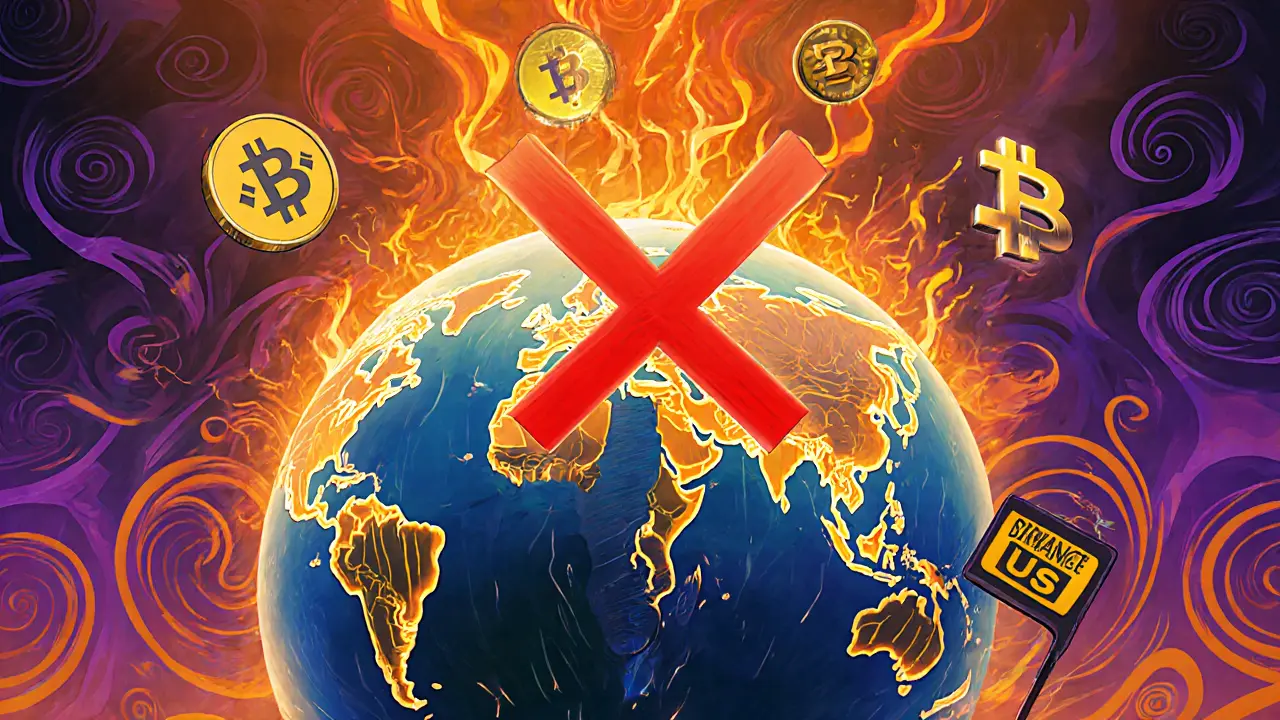Crypto Trading by Region: Where and How It Actually Works in 2025
When you trade cryptocurrency, where you live matters more than you think. crypto trading by region, how the rules, taxes, and access to exchanges vary depending on your country. Also known as regional crypto regulations, it’s not just about which wallet you use—it’s about whether you’re allowed to trade at all. In the U.S., you report gains to the IRS. In India, you pay 30% tax and can’t use most global exchanges. In Qatar, you can’t buy Bitcoin—but you can invest in tokenized real estate. These aren’t just differences. They’re walls.
That’s why cryptocurrency regulation, the legal framework governments use to control or allow crypto activity. Also known as crypto laws, it shapes everything: which exchanges you can access, whether you can stake, and if you’ll get fined for not filing. The EU’s MiCA rules force exchanges to get licensed and track every user. The U.S. uses OFAC sanctions to block wallets tied to criminals. Meanwhile, countries like El Salvador treat Bitcoin as legal tender. None of this is random. Each rule is a response to local economics, politics, or fear.
And it’s not just about legality. crypto tax by country, how different governments charge you for buying, selling, or holding crypto. Also known as crypto income rules, it can turn a profit into a loss overnight. In Germany, you pay zero tax if you hold for over a year. In Japan, every trade is taxable. In Nigeria, many traders use peer-to-peer platforms just to avoid bank blocks. If you’re trading across borders, you’re not just watching price charts—you’re navigating legal minefields.
What you’ll find below aren’t generic guides. These are real, current snapshots of what’s allowed, banned, or buried under paperwork in 2025. From Qatar’s tokenized asset loophole to India’s non-custodial wallet gray zone, from MiCA compliance costs to Myanmar’s $10 billion scam networks targeting Americans—this collection cuts through the noise. No fluff. No hype. Just what actually happens when you try to trade crypto where you live.
Crypto Exchange Availability by Region Worldwide: Where You Can and Can't Trade
Crypto exchange availability depends on your country's laws. Binance is blocked in the U.S., while Ukraine and Vietnam lead in adoption. Learn where you can trade, why exchanges split by region, and what alternatives exist.
